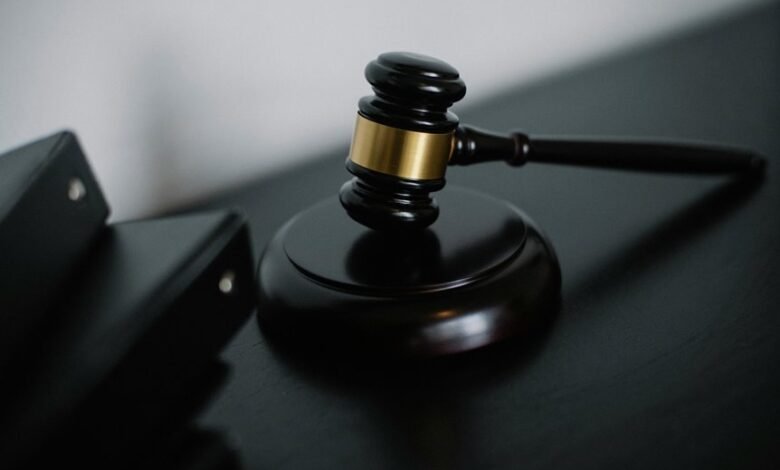Sucumbência: O Que é e Como Afeta o Processo Judicial

Liability in legal proceedings is a fundamental concept that determines responsibility for harm or loss. It influences judicial outcomes by establishing who must compensate for damages. Several factors—such as negligence, causation, and contextual evidence—affect liability assessments. Understanding these elements is essential for interpreting case decisions and the fairness of the legal process. Analyzing how liability is determined reveals its critical role in shaping justice and accountability within diverse legal frameworks.
Defining Liability and Its Types
Liability refers to the legal obligation imposed on an individual or entity to compensate for harm or loss caused by their actions or omissions.
Jurisdictional nuances influence liability scope, while liability thresholds determine the extent of responsibility.
Understanding these factors is essential for assessing legal accountability and ensuring fair application of liability principles within diverse legal frameworks.
The Role of Liability in Court Cases
In court cases, establishing the presence and scope of liability is a fundamental step in determining legal responsibility for alleged harm.
Liability insurance often influences outcomes by shifting financial burden, while liability waivers aim to limit acknowledgment of fault.
Understanding these tools clarifies liability’s role, ensuring responsible parties are held accountable or protected accordingly within judicial processes.
Factors Influencing Liability Determinations
What factors ultimately influence the determination of liability in legal proceedings? The negligence assessment and contributory factors are central, as courts evaluate the extent of fault and causal links.
These elements provide an analytical framework, ensuring liability is assigned based on objective evidence and contextual factors, thereby fostering a fair and transparent adjudication process.
Conclusion
Liability serves as the cornerstone of justice, acting as a guiding compass in legal proceedings. Its determination, influenced by negligence and causation, shapes outcomes with precision and fairness. Like a delicate balance beam, it ensures accountability without bias, anchoring the judicial process in fairness. Ultimately, understanding liability’s nuances fosters transparency and integrity within the legal system, reinforcing the pursuit of justice amid complex human interactions and societal expectations.





